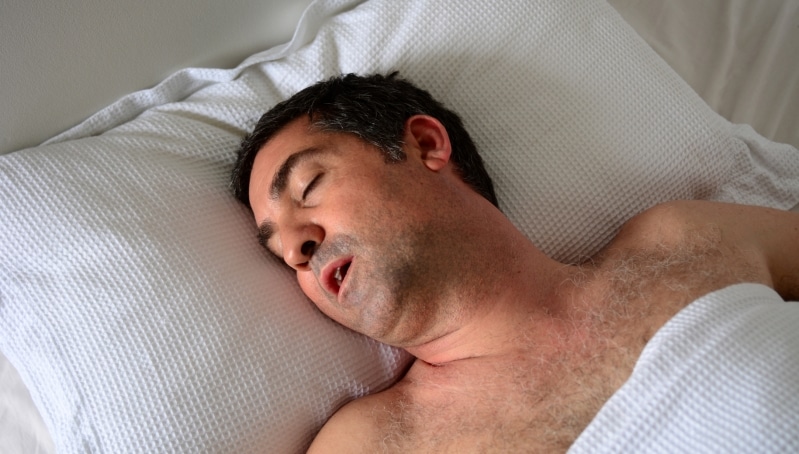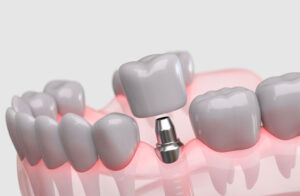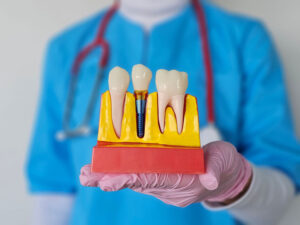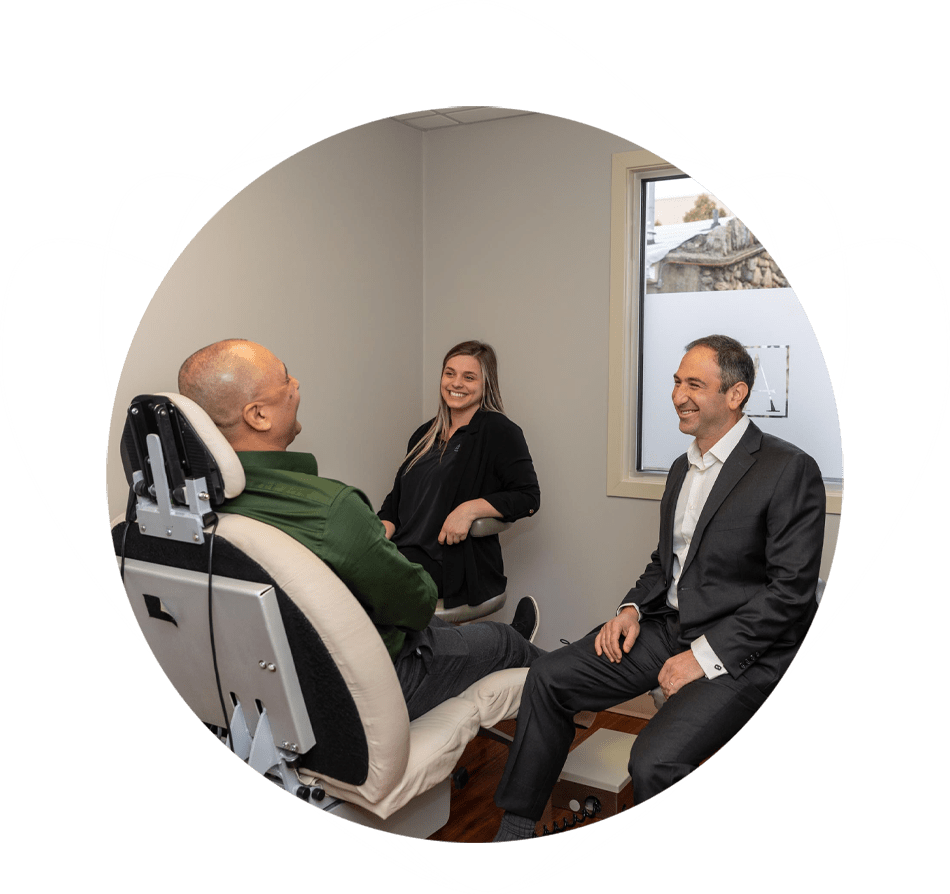Researchers at the University of Otago in New Zealand have discovered that mouth breathing during sleep significantly disrupts the environment in your mouth. The result could be tooth erosion, cavities, and even gum disease because saliva levels drop and the mouth becomes very acidic.
Three Roles of Saliva
Beyond just keeping your mouth wet, saliva plays three important roles in your mouth. First, saliva helps ensure a neutral environment. If your mouth gets acidic, meaning the pH drops below 5.5 (neutral is 7.0), then acid begins to strip the enamel from your teeth. Saliva is normally neutral, and it has the ability to neutralize acids that you introduce to your mouth (such as sodas or citrus fruits).
Saliva also has natural antibiotics. This helps it kill off parasitic bacteria growing in your mouth. The less saliva you have, the more bacteria you’re likely to get.
Finally, saliva contains minerals that help restore your tooth enamel, although this can be co-opted by bacteria and turned into tartar, hardened deposits that protect bacteria from saliva and from tooth brushing, helping them colonize under your gums.
Mouth Breathing Impacts Your Oral Environment
But, as researchers found, mouth breathing dramatically impacts how saliva functions in your mouth at night. To discover this, researchers used 10 healthy volunteers and monitored their oral environment during the day and while sleeping. Volunteers breathed normally one night, and for another night wore a nose clip that forced them to breathe through their mouth.
Researchers found that saliva levels were significantly lower when volunteers breathed through their mouth while sleeping, which has potentially serious consequences for the health of your teeth.
During the day, volunteers had an oral pH of 7.3, slightly alkaline. At night, pH dropped, but when volunteers breathed through their nose, the average pH remained a neutral 7.0. With mouth breathing, the average pH was significantly lower, 6.6, though what was really troubling was the significant lows that pH hit. With mouth breathing, the pH sometimes went as low as 3.6, the equivalent of some sodas, and almost 100 times more acidic than necessary to strip the enamel from teeth.
In this highly acidic environment with low saliva levels, researchers fear that tooth decay risk could rise significantly, as well as the potential for gum disease.
Snoring, Obstruction, and Oral Health
Of course, increased risk of cavities is just one risk of mouth breathing. Mouth breathing is typically caused by an obstruction in the airway so that normal nose breathing isn’t supplying enough air. Breathing through the mouth is an attempt to increase air supply, but it may not be enough.
Since the airway is constricted, mouth breathing can cause snoring, which is the result of turbulent air flow through a narrow airway. This creates vibrations that we hear as the sound, snoring.
Fortunately, though, we can do something about mouth breathing and snoring. Oral appliances reposition your jaw to help hold open your airway, preventing obstruction from your tongue and other parts of your throat. This makes it easier for you to breathe through your nose at night, which can eliminate your snoring and improve your oral health, too.
If you think that mouth breathing is impacting your oral health and sleep (not to mention those around you), we can help. Please call us for an appointment with a Westchester County sleep dentist at Advanced Dentistry of Mohegan Lake.
